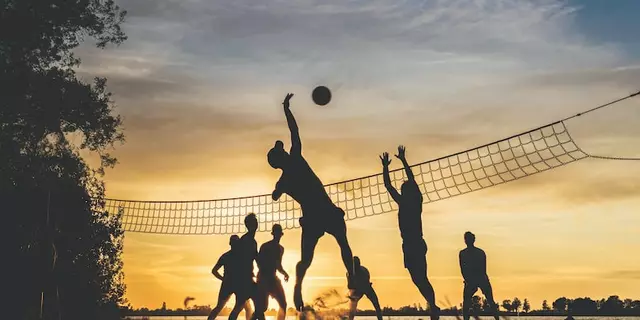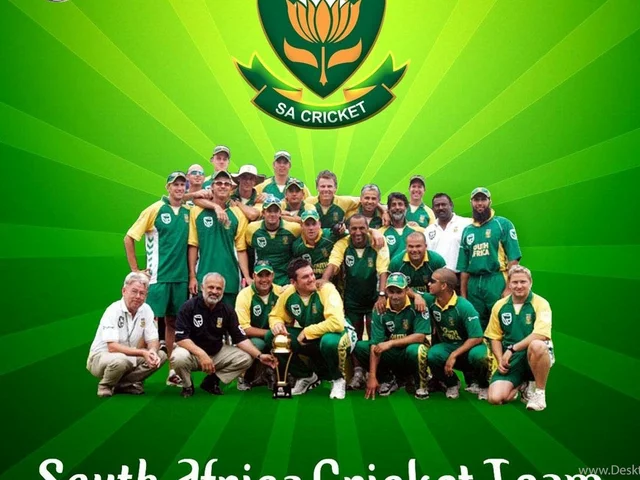Decision: Choices, Risks, and Outcomes in Sports, Events, and Everyday Life
When talking about Decision, the act of selecting one option over another after weighing alternatives. Also known as choice, it drives everything from a stadium’s match schedule to a person’s career move. A good decision starts with clear thinking and ends with a measurable result.
Effective Analysis, a systematic review of options, benefits and drawbacks is the engine behind every solid decision. Whether a football legend ponders retirement or a city council evaluates a new rail line, the depth of analysis determines how risky the move feels. That brings us to Risk, the chance that an outcome deviates from expectations. Recognizing risk lets decision‑makers set safeguards, like extra inspections after a sinkhole or backup plans before a tour announcement. The final piece of the puzzle is the Outcome, the concrete result that follows a decision. Outcomes can be applause, revenue spikes, or even lessons learned for the next round.
Sports decisions: careers, seasons, and city identity
Take Peyton Manning’s post‑retirement path. Fans wondered if he’d become a couch‑potato or a broadcast star. The decision to join the media world required personal analysis of his brand value, the risk of overexposure, and the desired outcome of staying relevant. Similarly, the Los Angeles Kings proved that a city known for sunshine can still nurture a hockey culture. The league’s decision to invest in local youth programs shifted the outcome from a niche fan base to a city‑wide following, reshaping LA’s sports identity.
In South Africa, the ongoing debate over whether cricket or rugby enjoys greater popularity illustrates a national‑level decision‑making process. Stakeholders analyze TV ratings, sponsorship money, and cultural history, weighing the risk of alienating fans if they prioritize one sport over the other. The outcome shapes everything from school curricula to government funding.
The NFL’s unusually short season is another strategic decision. League executives examined player health data, fan engagement metrics, and advertising revenue. The risk of a compressed schedule hurting viewership was balanced against the benefit of keeping athletes fresh. The outcome? A season that leaves fans hungry for more, driving demand for off‑season content.
Even the question “Is Los Angeles a big hockey city?” reflects a decision by media outlets to frame the city’s sports narrative. By highlighting the Kings’ two Stanley Cups, analysts affect public perception, which then feeds back into ticket sales and youth enrollment—another loop of decision, risk, and outcome.
Infrastructure decisions can turn a city’s day upside‑down, as seen in Bangkok’s massive sinkhole incident. Engineers faced a split‑second decision: seal the hole quickly or reinforce surrounding walls first. Their analysis of soil stability, the risk of further collapse, and the desired outcome of public safety guided the response. The event sparked a broader decision by officials to reevaluate underground rail projects, showing how one emergency can reshape long‑term planning.
On the personal‑achievement front, Doogie Sandtiger’s quest to break the Crocs world record involved a series of deliberate decisions. He analyzed market trends, weighed the risk of being seen as a novelty act, and aimed for the outcome of raising foster‑care awareness. Liam Gallagher’s tease about a 2026 Oasis tour also hinged on a strategic decision: test fan reaction before committing to a full‑blown tour, balancing the risk of hype fatigue against the outcome of renewed ticket sales.
Cultural decisions often surface in conversations about identity. South Koreans’ views on the Scottish reflect a collective decision shaped by media exposure, travel experiences, and education. The risk lies in stereotyping, while the outcome can foster tourism or cultural exchange programs. Kansas City’s naming quirk—being mostly in Missouri—stemmed from early settlement decisions, affecting everything from state pride to branding strategies.
Across all these stories, the thread is the same: decisions start with analysis, factor in risk, and aim for a clear outcome. Below you’ll find a curated list of articles that illustrate how these elements play out in sports, infrastructure, personal milestones, and cultural perception. Dive in to see real‑world examples of the decision‑making process in action.



